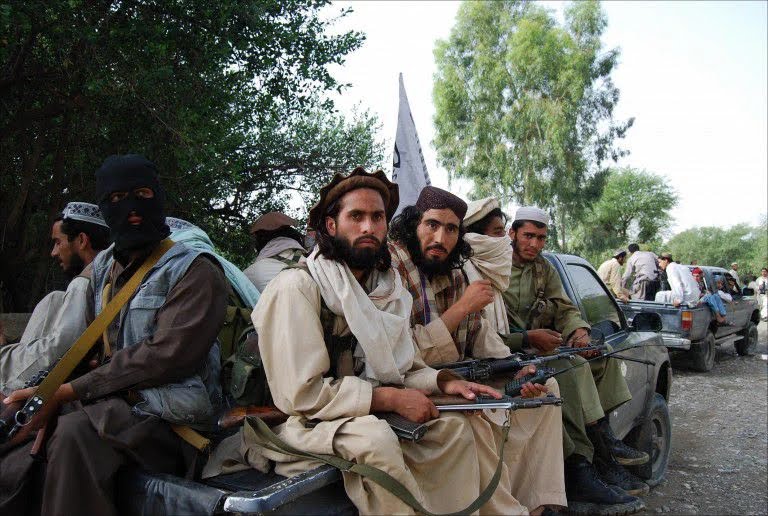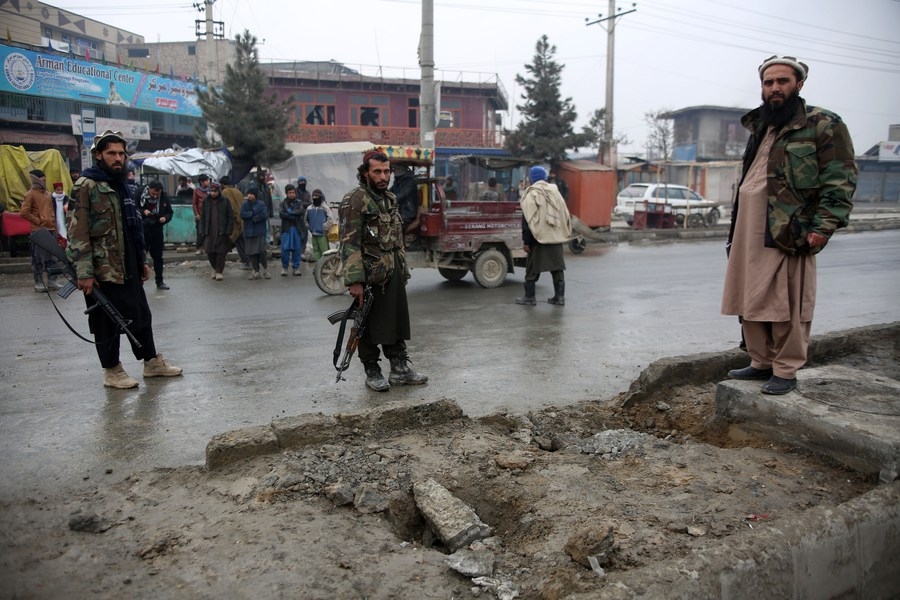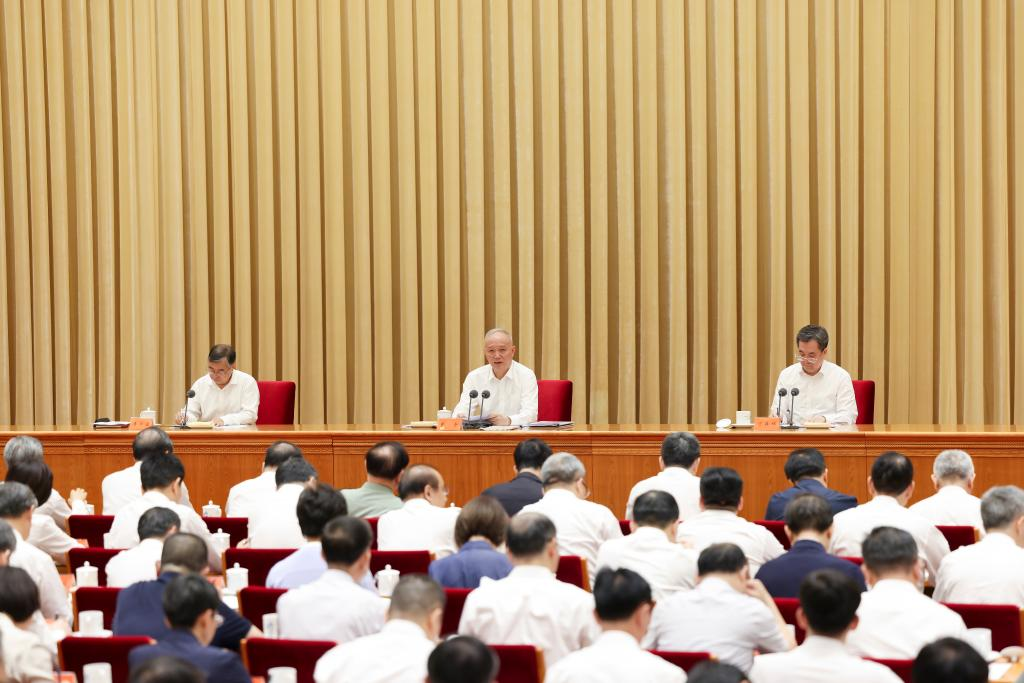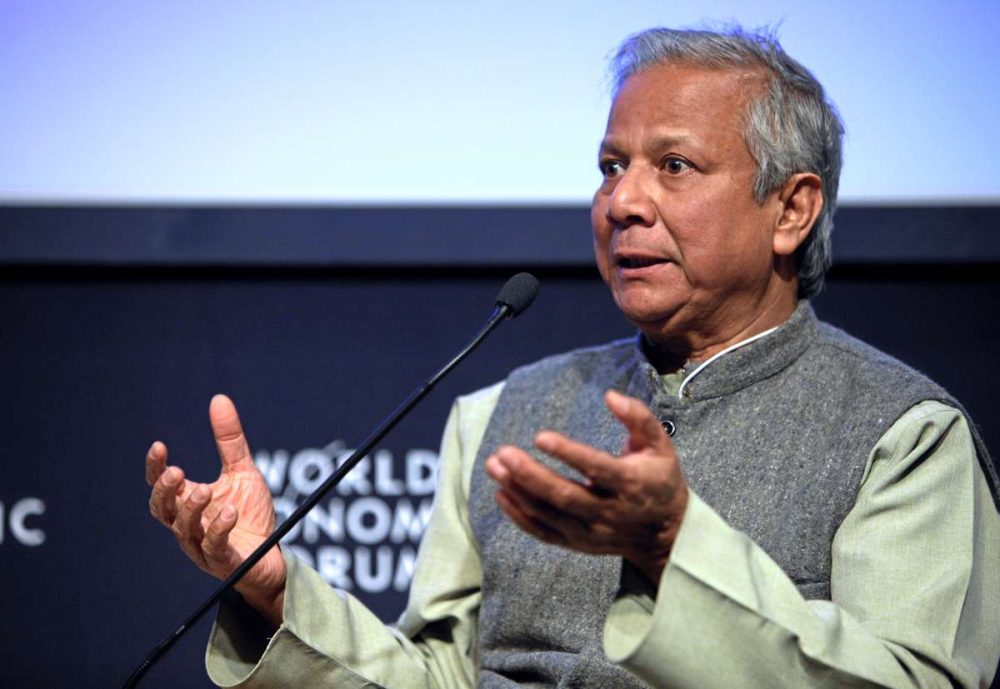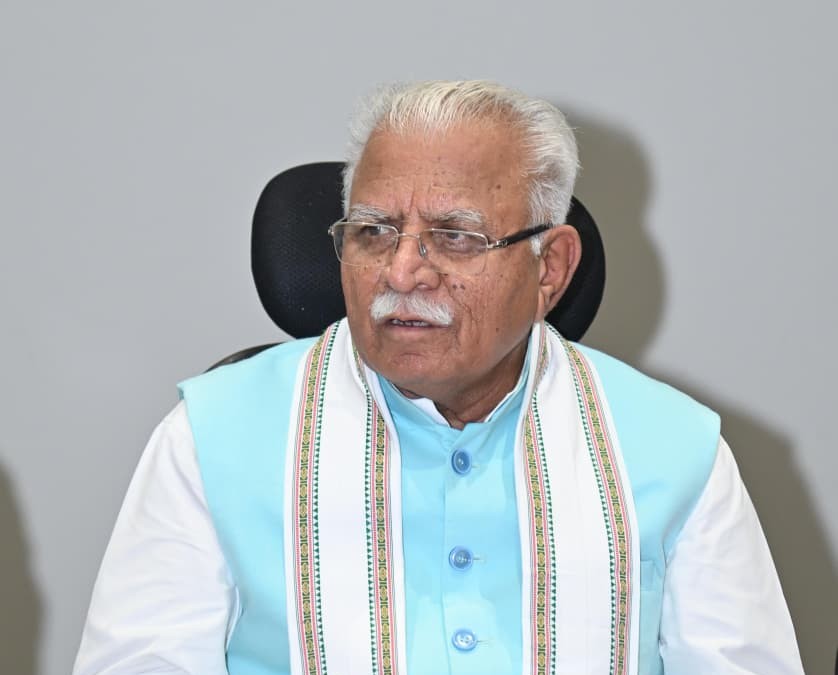The company is a joint venture between China’s Xinjiang Central Asia Petroleum and Gas Co. (CAPEIC) and Afghanistan’s Watan Group….reports Asian Lite News
In recent months, Chinese companies have shown interest in investing in Afghanistan under the Belt and Road Initiative but face challenges due to terrorism and instability, Voice of America (VOA) reported.
China’s Ministry of Foreign Affairs position paper on Afghanistan stated that China would “do its best” to support Afghanistan’s reconstruction and development. The USD 62 billion CPEC connectivity project is a flagship of the Belt and Road Initiative launched by Chinese President Xi Jinping in 2013. The initiative is a series of infrastructure projects and investments that span the globe with the aim of connecting China to foreign trade, VOA reported.
Last week, in a meeting with Taliban officials in Kabul, officials of Fan China Afghan Mining Processing and Trading Co. announced an investment of USD 350 million in various sectors ranging from construction to health to energy in Afghanistan, according to the Bakhtar News Agency, Afghanistan’s state news agency.
The company is a joint venture between China’s Xinjiang Central Asia Petroleum and Gas Co. (CAPEIC) and Afghanistan’s Watan Group.
In January, the Taliban signed a contract with CAPEIC to extract oil in the north of the country by investing USD 150 million annually, VOA reported.
China has also shown interest in the development and operation of mines in Afghanistan. A Chinese company, Metallurgical Corporation of China (MCC), signed a contract with the then-Afghan government in 2008 to extract copper from Mes Aynak in Logar province. But that work has not started yet.
Last month, the Taliban’s mining and petroleum minister, Shahabuddin Delawar, urged MCC to begin “practical” work on the development and operation of the mine.
The Taliban may have achieved a diplomatic win in an agreement to extend the China-Pakistan Economic Corridor (CPEC) to Afghanistan, analysts said, but the implementation of the project still faces challenges, VOA reported.
“The three sides reaffirmed their resolve to fully harness Afghanistan’s potential as a hub for regional connectivity,” said a joint statement released in May following a meeting of officials representing the three countries in Islamabad.
The countries restated their commitment “to further the trilateral cooperation under the Belt and Road Initiative (BRI), and to jointly extend the China-Pakistan Economic Corridor (CPEC) to Afghanistan.”
Since the withdrawal of the US and NATO forces and the Taliban takeover of Afghanistan in August 2021, China has been vocal in criticizing the US for freezing Afghanistan’s assets.
“[B]y seizing Afghanistan’s overseas assets and imposing unilateral sanctions, the U.S., which created the Afghan issue in the first place, is the biggest external factor that hinders substantive improvement in the humanitarian situation in Afghanistan,” China’s Ministry of Foreign Affairs stated in April, VOA reported.
Investment in the Taliban also brings multiple security concerns with it. A UN report, published last month, said the Taliban still has ties with al-Qaida and other groups, including the Eastern Turkistan Islamic Movement (ETIM), also known as the Turkistan Islamic Party.
China considers ETIM, which was founded in Pakistan by a Uyghur religious figure, Hasan Mahsum, in 1997, as a threat to its security. However, the US removed the ETIM from its terror list in 2020.
Hamidullah Farooqi, a former Afghan minister of transport and civil aviation, told VOA that the Taliban tried to reassure China and Pakistan that “they can address their security concerns, and no terrorist groups will be allowed to use Afghan soil.”
“I do not think that Chinese and Pakistani officials are convinced,” said Farooqi, adding that the Taliban have to act on their counterterrorism commitment, VOA reported.
Farooqi said that the extension of CPEC to Afghanistan was “considered years before the Taliban’s takeover,” but, because of security concerns, it was not implemented.
He said that because of a “lack of security in the country and the activities of TTP [Tehrik-i-Taliban Pakistan] and other terrorist organizations in the region, the project was not implemented.” (ANI)


